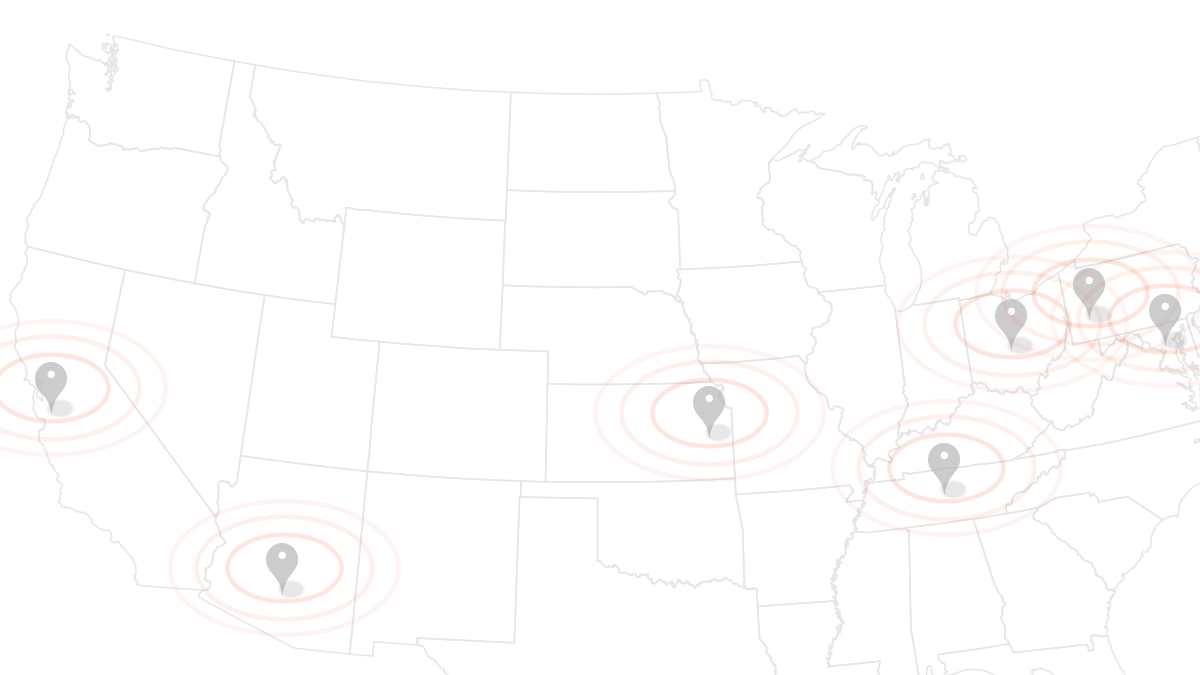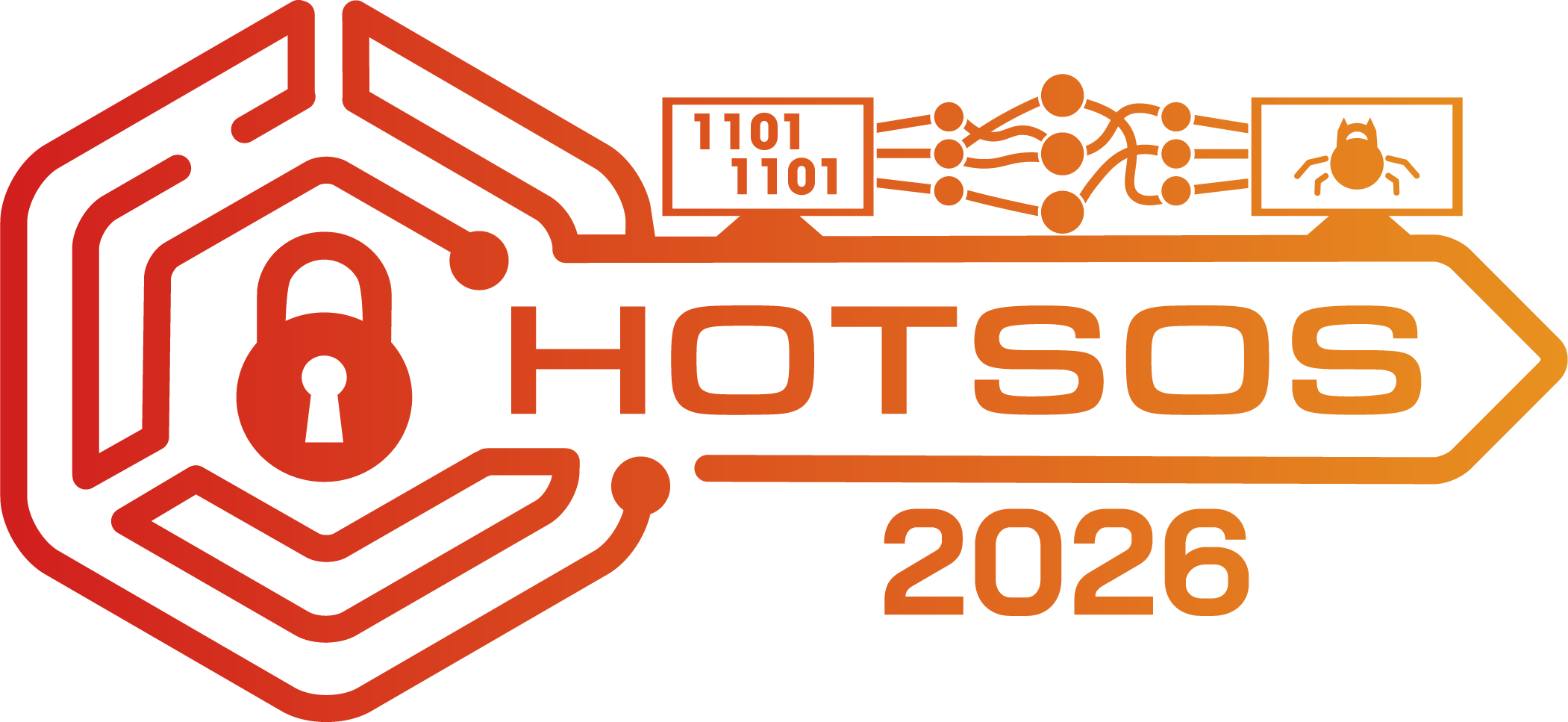HoTSoS Awards
The Hot Topics in the Science of Security (HotSoS) Best Poster Award recognizes the poster that exhibits outstanding achievement in science. Posters are selected by the HoTSoS Program Committee. The first year for the award was 2019.
- 2024: Utilizing Large Language Models to Translate RFC Protocol Specifications to CPSA Definitions presented by Martin Duclos* Co-authors: Ivan Fernandez*, Kaneesha Moore*, Sudip Mittal* and Edward Zieglar** *(Mississippi State University) **(National Security Agency)
- 2023: Making Smart Contracts Predict and Scale by Syed Badruddoja, Ram Dantu, Yanyan He, Mark Thompson, Kritagya Upadhyay, and Abiola Salau (University of North Texas)
- 2022: A Study of Security Weaknesses in Android Payment Service Provider SDKs
by Samin Yaseer Mahmud & William Enck (North Carolina State University)
- 2022 Undergraduate: Identifying Online Misbehavior by Sanjana Cheerla (North Carolina State University)
- 2021: Managing the Security Risk of Open-Source Dependencies: Current Tools & Challenges by Nasif Imtiaz and Laurie Williams (North Carolina State University)
- 2020: Decentralized Backup and Recovery of TOTP Secrets by Conor Gilsenan, Noura Alomar, and Andrew Huang (University of California, Berkeley)
- 2020 Undergraduate: A Raspberry Pi Sensor Network for Wildlife Conservation by
Andrew Arnold, Paul Corapi, Michael Nasta, Kevin Wolgast, and Thomas A. Babbitt
(United States Military Academy)
- 2020 Undergraduate: A Raspberry Pi Sensor Network for Wildlife Conservation by
- 2019: A Synopsis of Static Analysis Alerts on Open Source Software by Nasif Imtiaz and Laurie Williams (North Carolina State University)
The Hot Topics in the Science of Security (HotSoS) Best Paper Award recognizes the paper that exhibits outstanding achievement in science. Papers are selected by the HoTSoS Program Committee. The winning paper is automatically nomination into the Annual Best Scientific Paper Competition. The first year for the award was 2018, and the last award given was in 2020.
- 2020: Simulation Testbed for Railway Infrastructure Security and Resilience Evaluation by Himanshu Neema and Xenofon Koutsoukos (VU), Bradley Potteiger (JHU APL) Cheeyee Tang and Keith Stouffer (NIST)
- 2019: Integrated Data Space Randomization and Control Reconfiguration for Securing Cyber-Physical Systems by Bradley Potteiger, Zhenkai Zhang and Xenofon Koutsoukos of Vanderbilt University.
- 2018: Robustness of Deep Autoencoder in Intrusion Detection under Adversarial Contamination by Pooria Madani and Natalija Vlajic of University of York.

